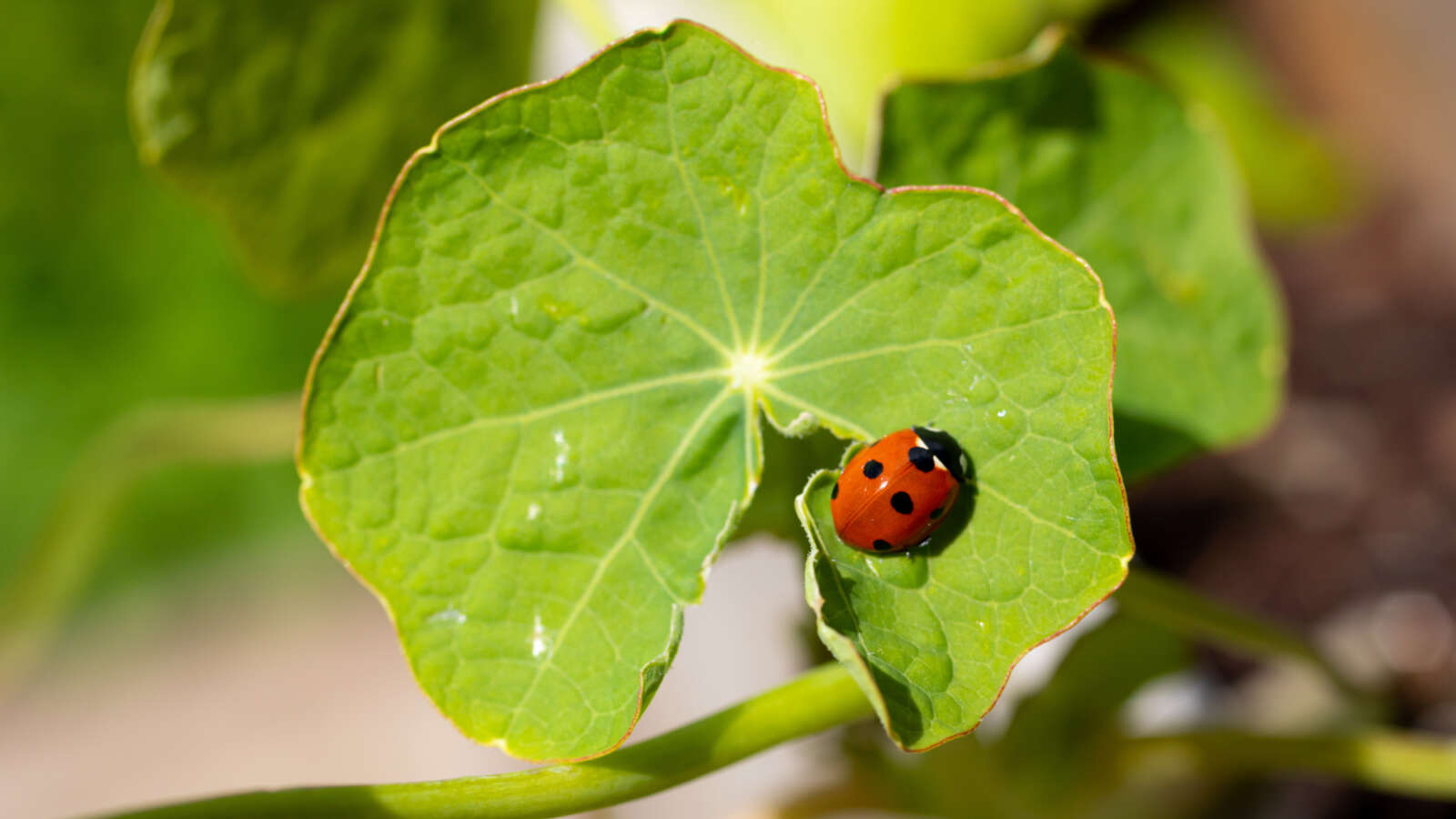
Principles of organic gardening
The essence of organic gardening is to work within natural systems and cycles to boost the environment and sustainability.
What is organic gardening?
The essence of organic gardening is to work within natural systems and cycles. Organic growing doesn’t just mean avoiding the use of chemical weed killers and pesticide sprays - it is more exciting, challenging and satisfying.
It is using natural ways to promote a complete, healthy, productive and sustainable growing environment. It involves feeding the soil, encouraging wildlife, and working creatively alongside nature when managing pests, diseases and weeds.
Why organic gardening?
Gardening within natural systems and cycles, making the best use of resources and avoiding harmful chemicals are:
- Better for your health and wellbeing
- Better for the environment
- Better for your pocket!
The Principles of Organic Gardening
There are a number of principles behind organic growing, but the five below are the most important for gardeners. They arise from years of practice and scientific study.
The five pillars of organic gardening are described here along with the thinking behind them and guidance for your gardening practice on what to do and what to avoid.
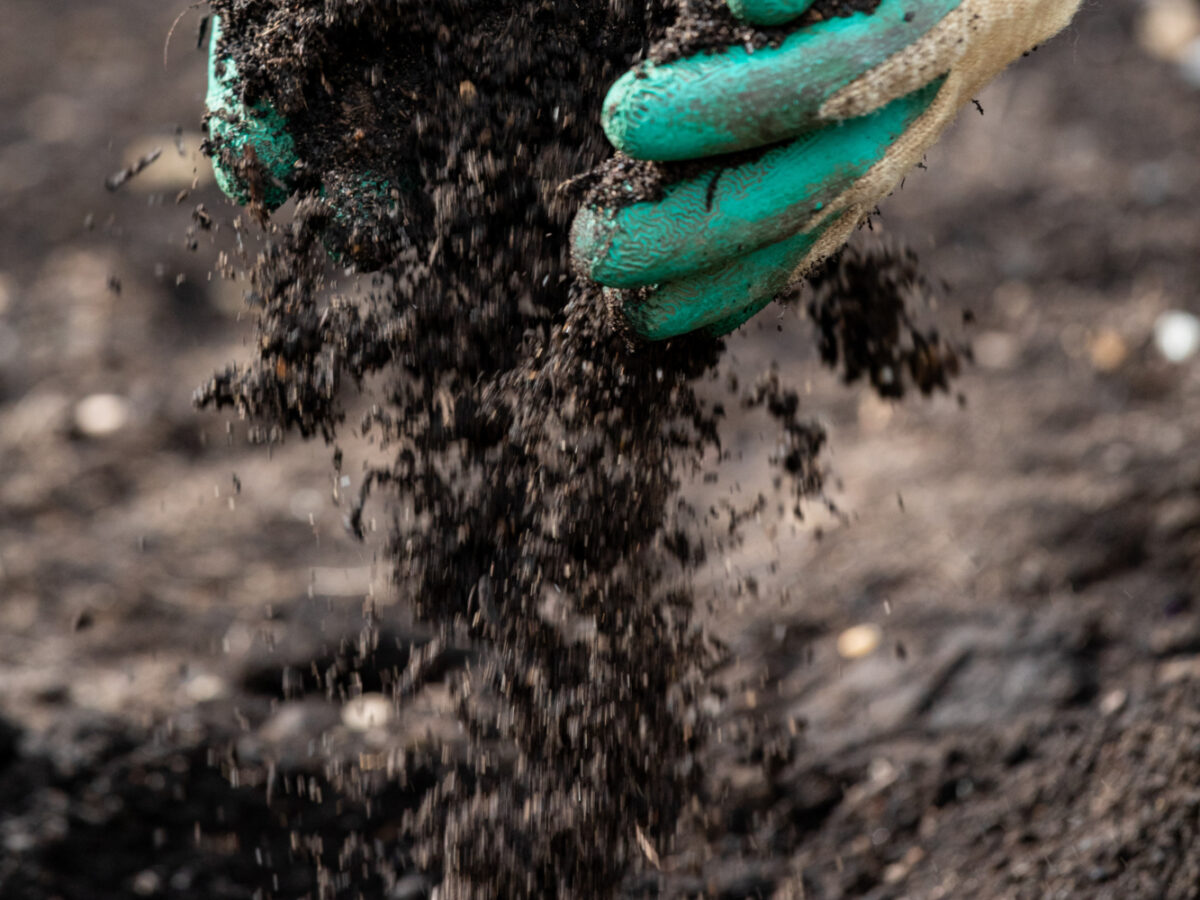
1 - Build and maintain soil health
A healthy soil is the basis for growing healthy plants and food. The organic way of feeding the soil, rather than the plant, ensures the best results for flowers, fruit and vegetables.
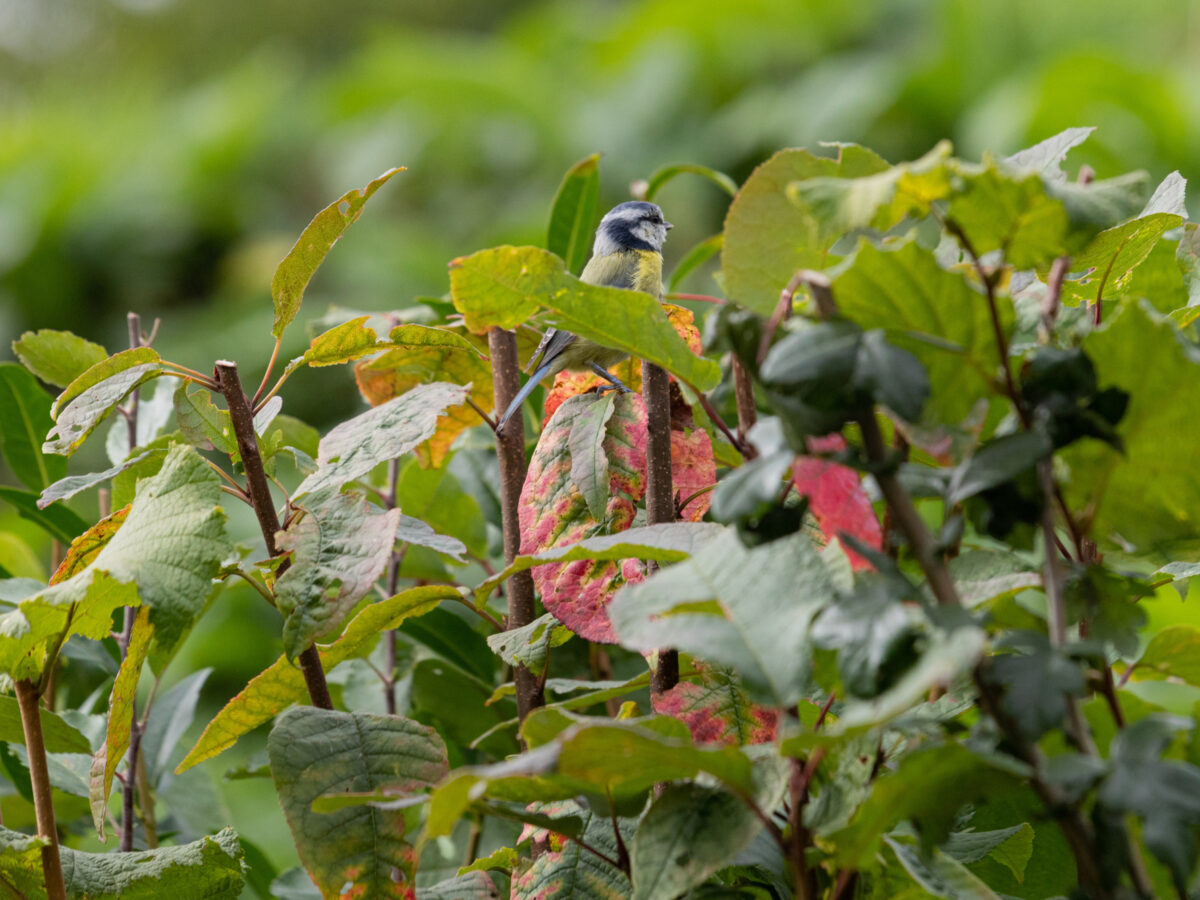
2 - Encourage biodiversity
With a variety of different species, all working together, the organic grower encourages a healthy interdependency between plants and wildlife.
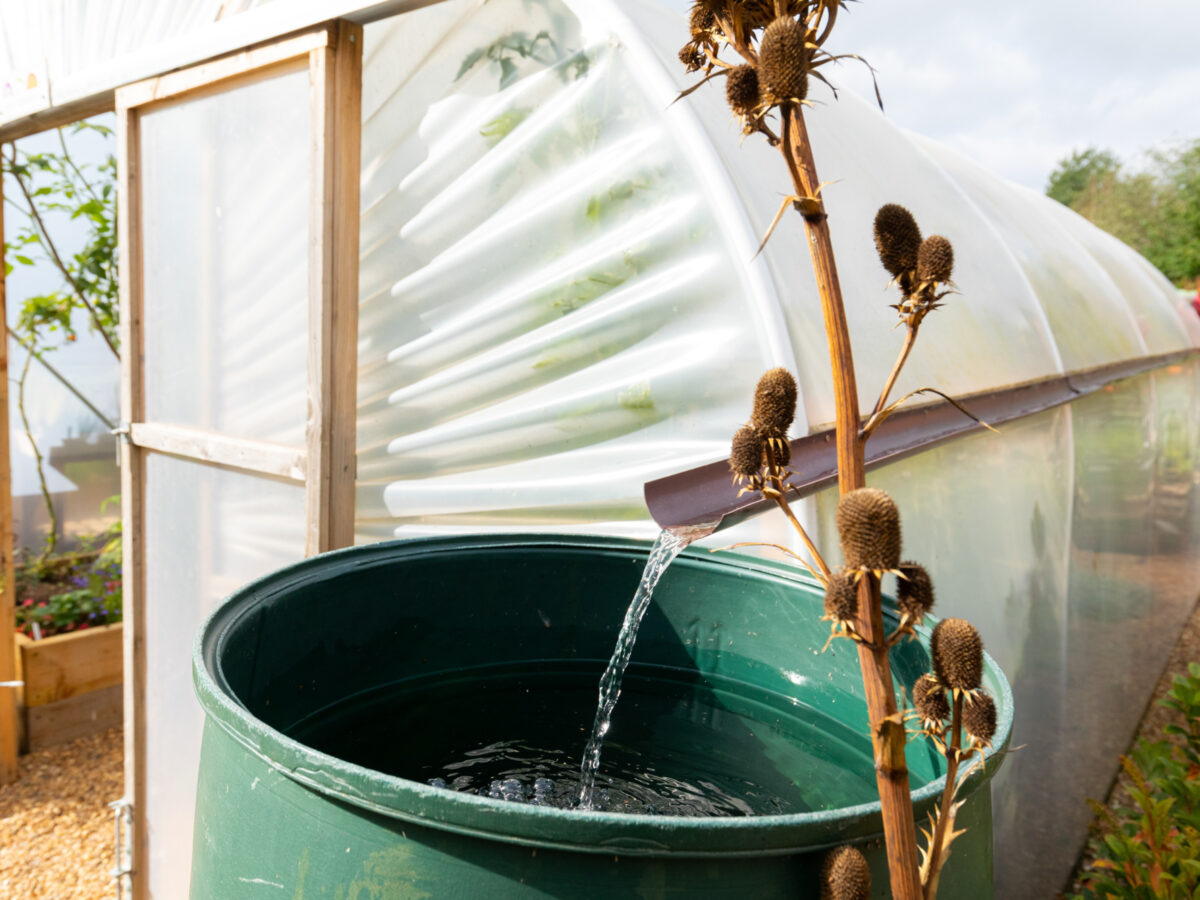
3 - Use resources responsibly
The organic grower uses resources sustainably, with minimum damage to the planet. Reduce, reuse and recycle is an important part of organic growing.
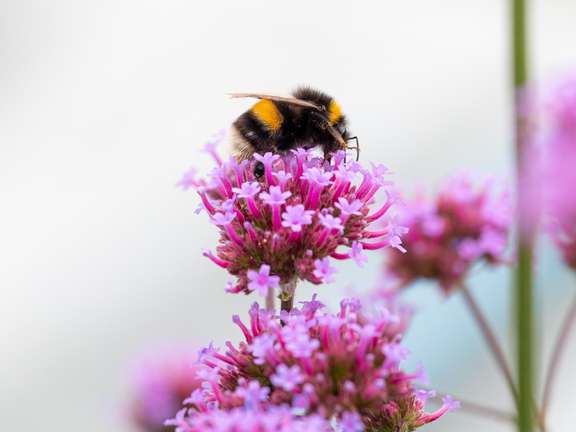
4 - Avoid using harmful chemicals
Toxic chemicals used to kill weeds, diseases and pests can damage the health of your growing area, and all the life-forms within and beyond it.
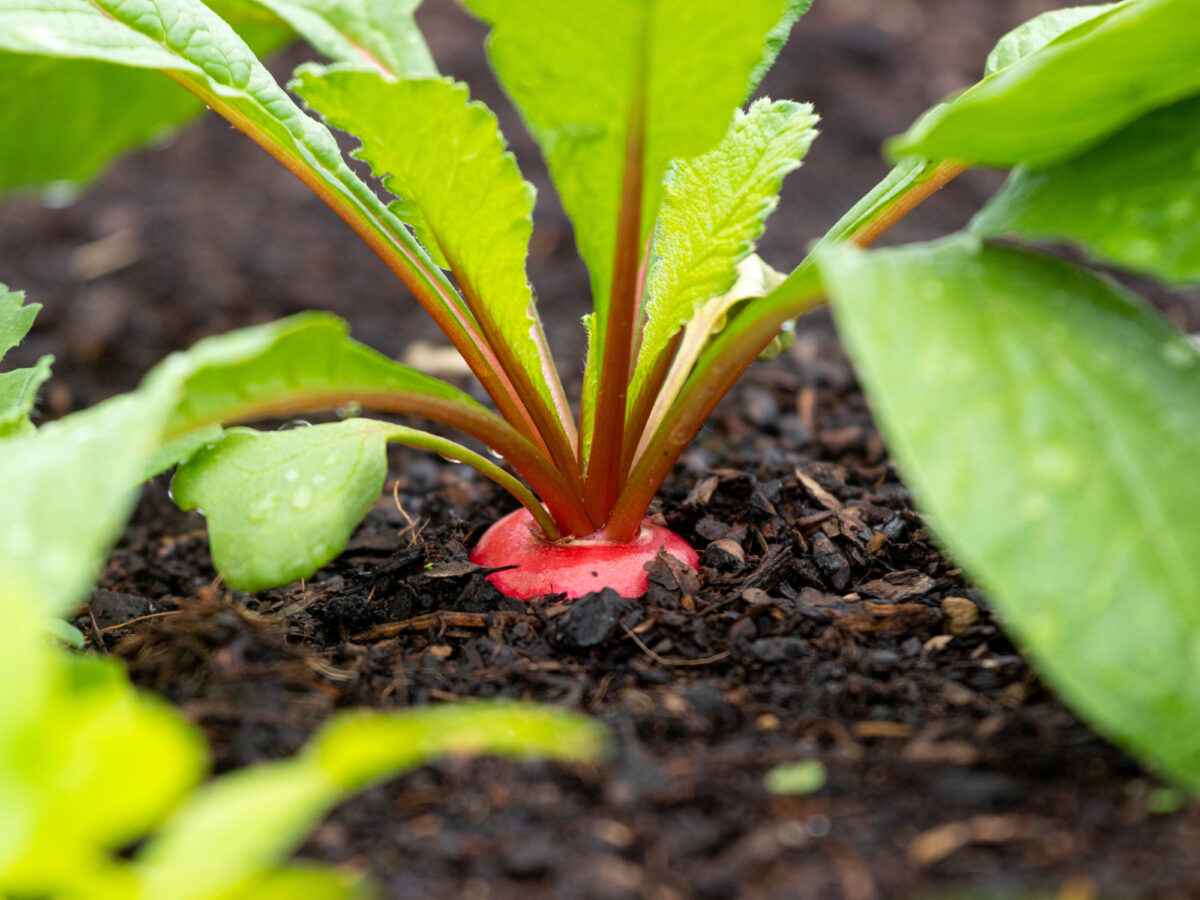
5 - Maintain a healthy growing area
Keeping your growing area in good health, rather than just pest and disease free, is at the heart of organic growing.